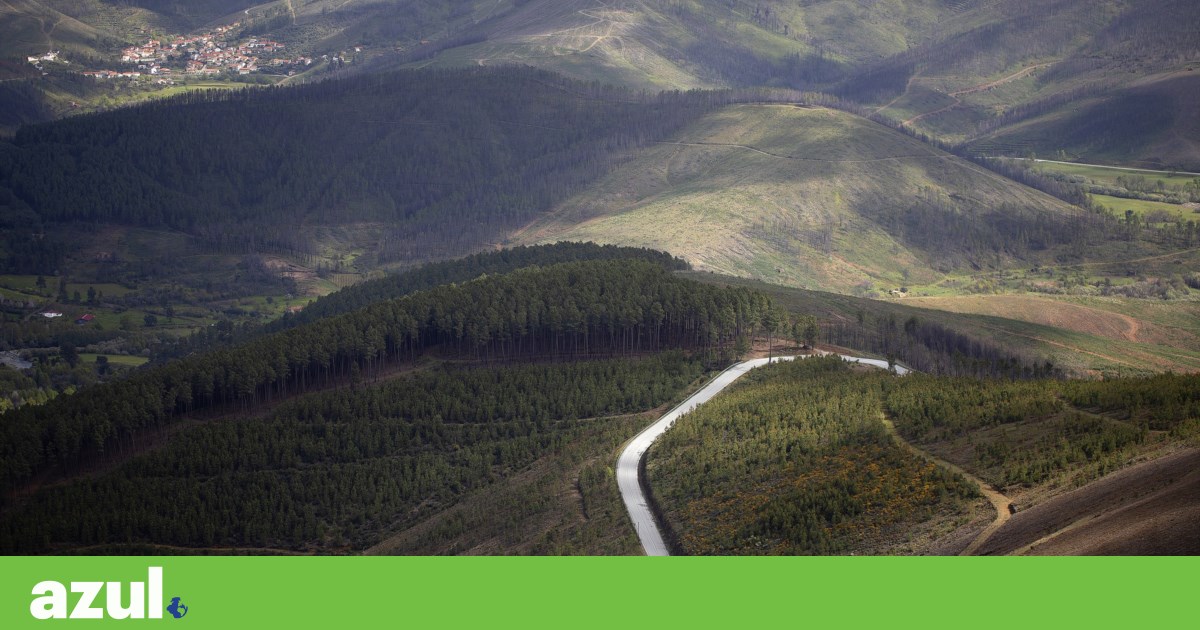StormRic
Furacão
Este artigo pode dizer respeito a muitos tópicos, pode começar por este, por exemplo.

 www.publico.pt
www.publico.pt



Há três florestas europeias que emitem mais gases poluentes do que absorvem e uma delas é portuguesa
O Azul vai publicar, quinzenalmente, quatro artigos de uma investigação de três jornalistas sobre gestão florestal na Europa, apoiada pelo Earth Investigations Programme do Journalismfund Europe.
Última edição:







